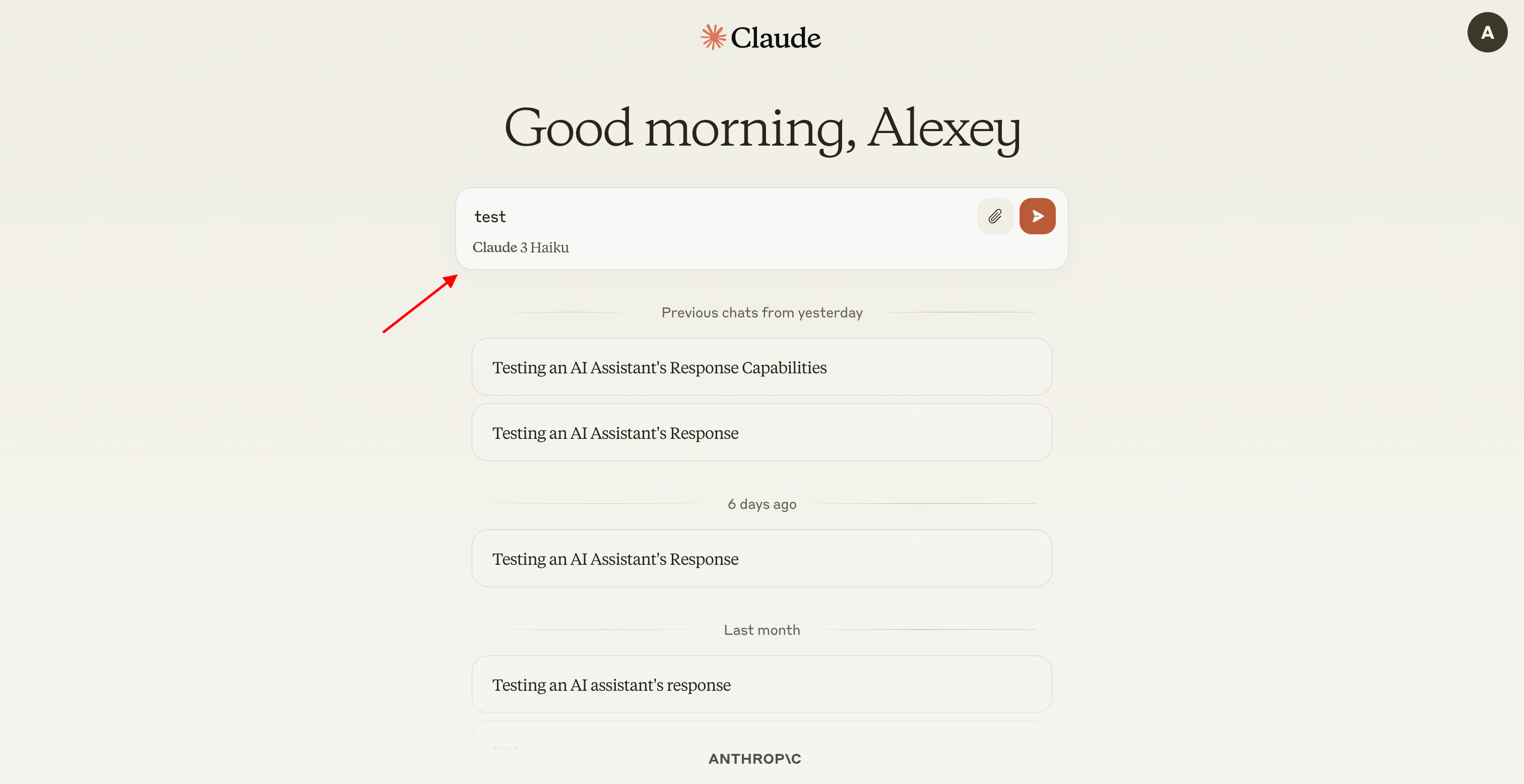Reports have surfaced indicating variations in the default AI model provided by Anthropic. Some users have encountered the Haiku model as the default option, whereas others have reported access to the Sonnet model. This inconsistency suggests that Anthropic may be conducting A/B testing to evaluate user preferences, performance metrics, or other determinants that could influence the selection of the default model for free accounts.
Users have observed these changes through their experiences with the service, noting differences in the models available to them. The Claude AI models, including Haiku, Sonnet, and Opus, are part of the Claude 3 suite, each tailored for specific use cases. Haiku is designed for fast and cost-effective responses, Sonnet offers a balance between speed and intelligence, and Opus provides advanced capabilities for complex tasks. These models support various domains such as visual processing, coding, multilingual tasks, content creation, and analysis.
Not sure when it happened but Claude now uses the Haiku model by default on free accounts. The sonnet is not available anymore 👀 pic.twitter.com/qdl7aDZFXw
— TestingCatalog News 🗞 (@testingcatalog) April 7, 2024
Haiku as a default model on Claude AI, credit @testingcatalog
Reproducing these observations involves accessing the claude.ai platform, selecting the free account option, and noting the default AI model presented. The user experience varies, with some encountering the Haiku model as the default, while others find Sonnet available.
About Claude AI: Claude AI is a suite of models developed by Anthropic, designed for various tasks ranging from quick responses to complex problem-solving. The models are distinguished by their efficiency, balance, and advanced capabilities. Sonnet is available for free on the claude.ai platform, and there are plans to expand the availability of Opus and Haiku to services like Amazon Bedrock and Google Cloud's Vertex AI.
This disparity in user experience highlights the evolving nature of AI technology and the importance of user feedback in developing accessible and versatile AI tools. Which model do you see? 🤔






